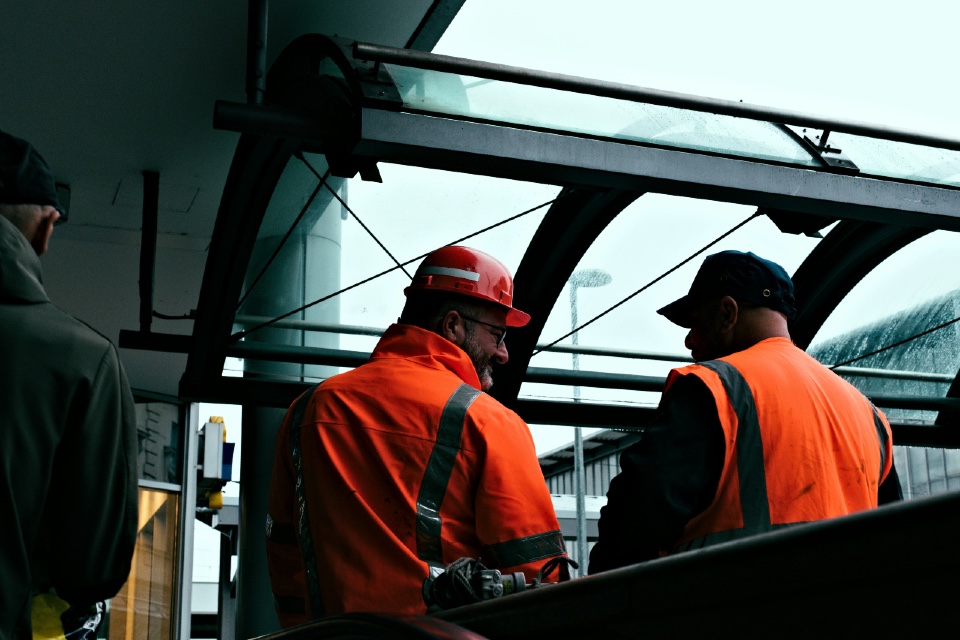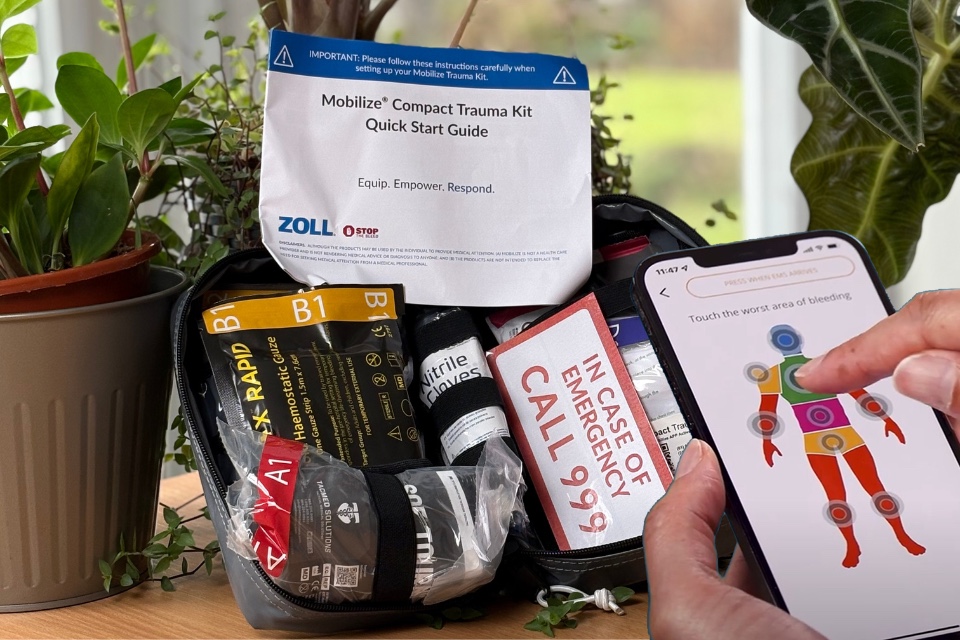Over half of UK workers are not comfortable returning to work in the wake of the Government announcing its COVID-19 recovery strategy and the publication of guidelines for working safely.
A study by ENGAGE and YouGov shows that 55 per cent of respondents (those employed who usually work from home or are currently working from home or who have been furloughed) state that they are not very or not at all comfortable returning to work, when asked to imagine returning to work once the UK government begins to lift the restrictions put in place to prevent the spread of Coronavirus.
Those more uncomfortable include respondents who are vulnerable (i.e. because of age, health conditions or another reason; 67 per cent) or who live with others who are vulnerable (66 per cent).
Levels of discomfort are also higher in certain sectors such as education (66 per cent), presumably where there will be a greater interaction with large numbers of students, and in professional services such as financial services and accounting (75 per cent), where many may be returning to offices with high volumes of colleagues.
The biggest physical concern, cited by 51 per cent of respondents as one of their top three issues, is how social distancing is likely to be implemented upon their return to the workplace. There are also concerns regarding the practical logistics and safety of returning to the workplace such as moving around (30%), the use of public toilet/washing areas (37%), and the use of shared equipment (27%).
Critically, almost a quarter of respondents (24 per cent) cite their commute or journey to work as a concern, a figure that is twice as high for Londoners (50 per cent).
But concerns among respondents also extend to their wellbeing. Nearly half (42 per cent) of people believe returning to the workplace will see a decline in work-life balance, while only 23 per cent believe it will improve it. One third (33 per cent) anticipate a decline in their mental health, and over a quarter (28 per cent) in their physical health.
Of concern, too, is the anticipated anxiety around job security. 25 per cent said their confidence in their job security would decline by a return to the workplace.
However, when questioned on the impact that returning to the workplace would have on their working lives, the majority of those employed believe it will make no real difference.
61 per cent feel there will be no change in accessing the information they need; 59 per cent believe there will be no change to the communications they get from leaders within their organisation; and 58 per cent feel there will be no change in the communication they have with their manager.
This suggests, says ENGAGE, that in many areas UK companies have been able to help people switch to productive working from home relatively quickly.
And while 42 per cent of respondents believe that collaboration and teamwork will improve by returning to the workplace, and a third of respondents (37 per cent) expect innovation to improve, the new guidelines for safe working practices and social distancing are likely to create barriers here.
Dr Andy Brown, CEO at ENGAGE, said: “The research suggests that some organisations will see a limited number of both internal and external outputs improving as workplace restrictions are lifted. But it’s clear that employees believe there will be a net worsening of other critical aspects by returning to the workplace, which organisations must take into account.
“More than this, though, the results clearly show that any physical return to work needs purpose. COVID-19 secure guidelines mean firms may not be able to provide the collaborative, innovative environments that we had before. And we now know that remote working isn’t the barrier to communication or collaboration that we once thought. Organisations will need to align their return strategies with the real benefits they will deliver, rather than just returning to the way things have always been done.”







